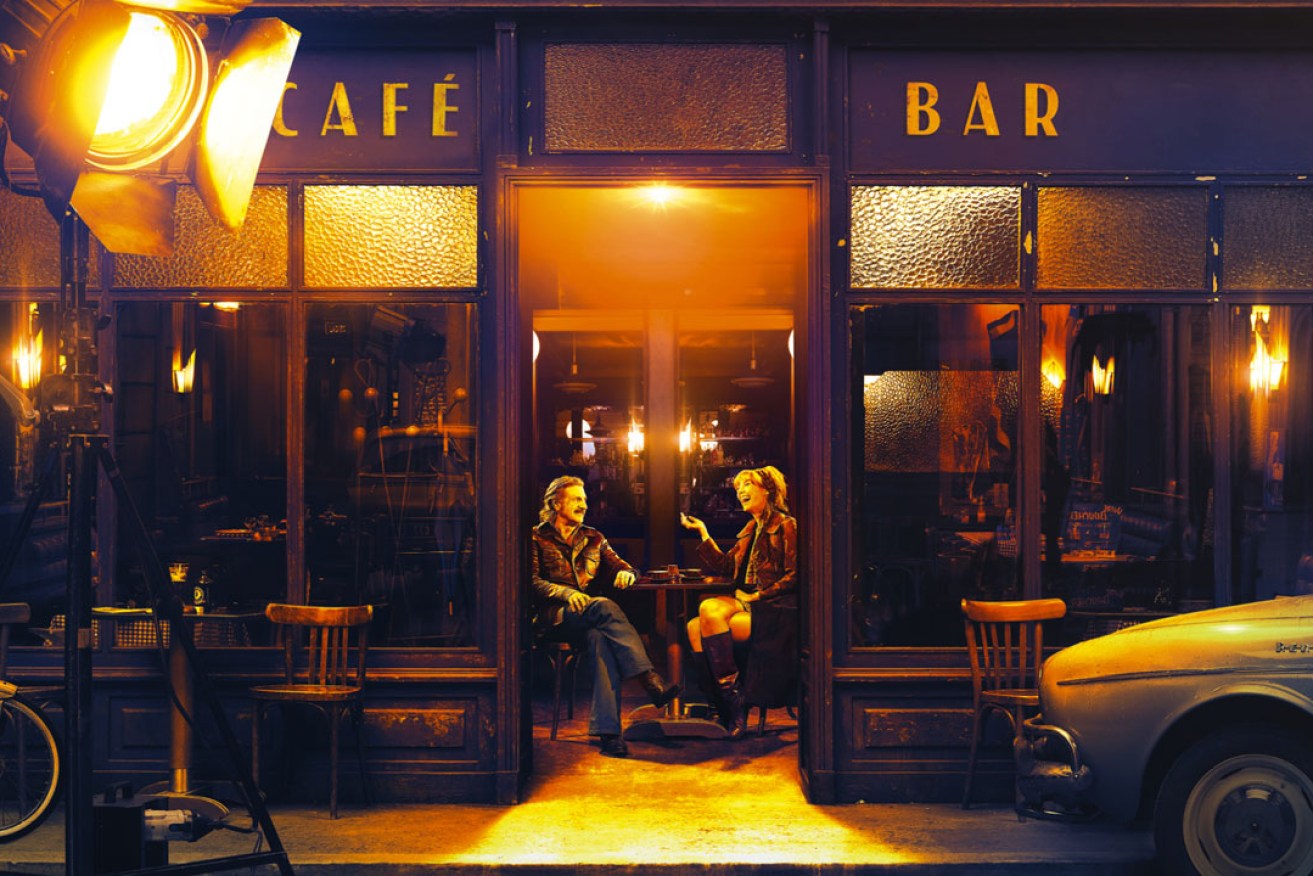Film review: La Belle Époque
La Belle Époque touches on some big questions with the time-travelling story of a man who chooses to revisit a significant moment in his life from 40 years ago.


Numerous movies play with the notion of time travel; visiting the future, the past and, perhaps most poignantly, one’s youth. With the latter, the essence is usually longing, whether mere wistfulness or deep regret, but there’s commonly a catch.
La Belle Époque embraces the genre and gives it a twist, with modest success.
Familiar caveats typically loom in time-travel stories, such as: “You can’t go home again”; “Nostalgia ain’t what it used to be”; and, “Be careful what you wish for, you just might get it”. This film nods to all those warnings in different degrees.
Among the many other movies that might come to mind is Woody Allen’s Midnight in Paris (2011), for its specific reference to La Belle Époque, or “beautiful epoch”, between 1870 and 1914 when the arts flourished in Paris and optimism reigned.
In writer-director Nicolas Bedos’s new film, one man’s desire for the past is directly linked to a moment in 1974 at a café named La Belle Époque. The question of optimism, and whether it might be justified, lingers throughout.
Cartoonist/artist Victor (wryly played by veteran actor Daniel Auteuil) is in his 60s and has been made redundant. His wife of some 40 years, Marianne (Fanny Ardant, delightful here), is bored with him, herself, and their marriage. They are on the road to relationship ruin.
When Victor receives a lavish gift, a single immersive day in a studio set that will re-create any period, he chooses the moment when he met the love of his life.
Margo (Doria Tillier) plays Victor’s love from 40 years earlier. She is an actress in a volatile relationship with Antoine (Guillaume Canet), the difficult studio director, so we have a parallel story.
Auteuil is won over by Margo, but is it with the idea of who she plays, or with her real character, or something of both? He is self-aware but questioning, confused. The layering of reality and artifice in the production is beautifully handled, down to illusions within illusions.
La Belle Époque is about nostalgia but has a hard edge, a little cynicism that is its saving grace. While there is a satirical air, there is also a serious one.
The story shifts between drama and comedy. How do human relations fare in a time of rampant technology that can easily isolate us from each other? What does it mean to fall out of love? How do we really know ourselves? There are some big questions dancing around the lighter and more comical events.
Endings matter a great deal, for Victor and plot writing. What haunts Victor’s experience is how he will return to the world he has briefly pushed away. Can he make whatever adjustments are required to survive, perhaps even to be content? Given its theme, the movie’s resolution has to steer away from the predictable in answering that; otherwise, it risks lapsing into dull territory.
In an interview about the movie, Auteuil says that “deep down, we never change”. It’s a valuable thought to carry when watching him in this role. Nonetheless, La Belle Époque may well trigger viewers to ponder what moment they would choose.
La Belle Époque is showing in cinemas now.




